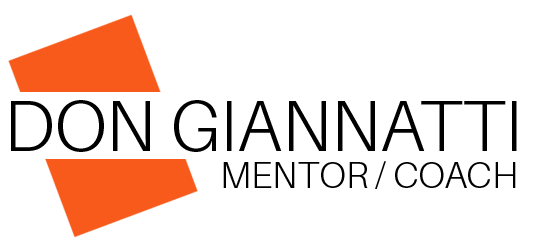HOW DO YOU KNOW YOU ARE DOING IT RIGHT?
My recent article on getting better instead of blindly working harder hit a few chords.
One of my friends asked: “… what if you’re learning it wrong, how do you know?”
Good question.
The answer may be a bit circuitous.
It all comes down to making sure you know what you want to achieve.
And knowing what you want to achieve is both achievable and within your grasp.
In other words, I may want to be an astronaut.
Astronauts are cool.
But no one gets accepted into astronaut training at 70 years old.
So no matter how hard I work, how good I become, the fact of my age means being an astronaut is not a realistic destination.
But say I want to learn to play the trumpet.
Yeah, I can play the trumpet at 70, and if I practice every day, with a good teacher, and a disciplined schedule, I could learn to play the trumpet pretty good by the time I am 75.
Maybe get a gig or two.
But that also comes with the understanding that I know what I want.
I want to play jazz.
I focus on it like a laser.
I become obsessed.
Obsession is the one thing that separates the good from the great.
Great artists are obsessed.
I do not believe you can achieve true greatness without being obsessed.
But that may be for another article.
This one is how do you know you are doing the work you are doing is right?
There are a couple of exercises you can do.
First, look at the best work in the same category or genre you are working in. Then analyze them carefully… very carefully.
What do you see in their work that you do not see in yours?
Write it down.
What characteristics in their technical skills are different than your own? Does that matter?
Write it down.
Do an evaluation of 20 of your best images.
What is right with them?
What would you do differently?
Why would you do it differently?
Type it up or write it down.
Talk to a designer or art director who may be willing to look at your work and give you an honest evaluation. I do not recommend other photographers for that. (And I am sorry that I feel that way, but lately I have seen far too many – shall we say ‘protective’ photographers.)
If you know for sure the photographer is a straight shooter and not an egomaniac hell-bent on protecting their turf, then proceed.
With caution.
There are several symposiums and workshops that have portfolio reviews where professionals will spend a half hour or so looking at your work and giving you an evaluation.
There are coaches and mentors who will also review your work and give you advice and help you work through the challenges you may be facing.
And lastly, peer reviews like those at informal meetings and get-togethers can also help you make decisions on what your work may need to bring it up to par.
Or – perhaps you are simply doing it exactly right.
Are you confident in what you are doing?
Does it make sense to you?
Can you see growth and compatibility with the clients you have and want?
Sometimes we look for solutions in places where there may not be a problem. We may think no-one is seeing our work – but the fact is we are sitting in our studio not showing people our work.
A great portfolio doesn’t do much good if no one sees it.
A strong visual body of work means nothing if the photographer is anti-social or not willing to engage with clients and others.
My advice is to listen first to your gut, then to mentors and coaches, and then to your peers. If everyone is telling you the same thing, then there may be a reason to make some changes.
But my guess is that you know deep down whether or not your work matches up.
Finding validation is good, but usually unnecessary.
What is necessary is being open to change, and very confident in your output.
